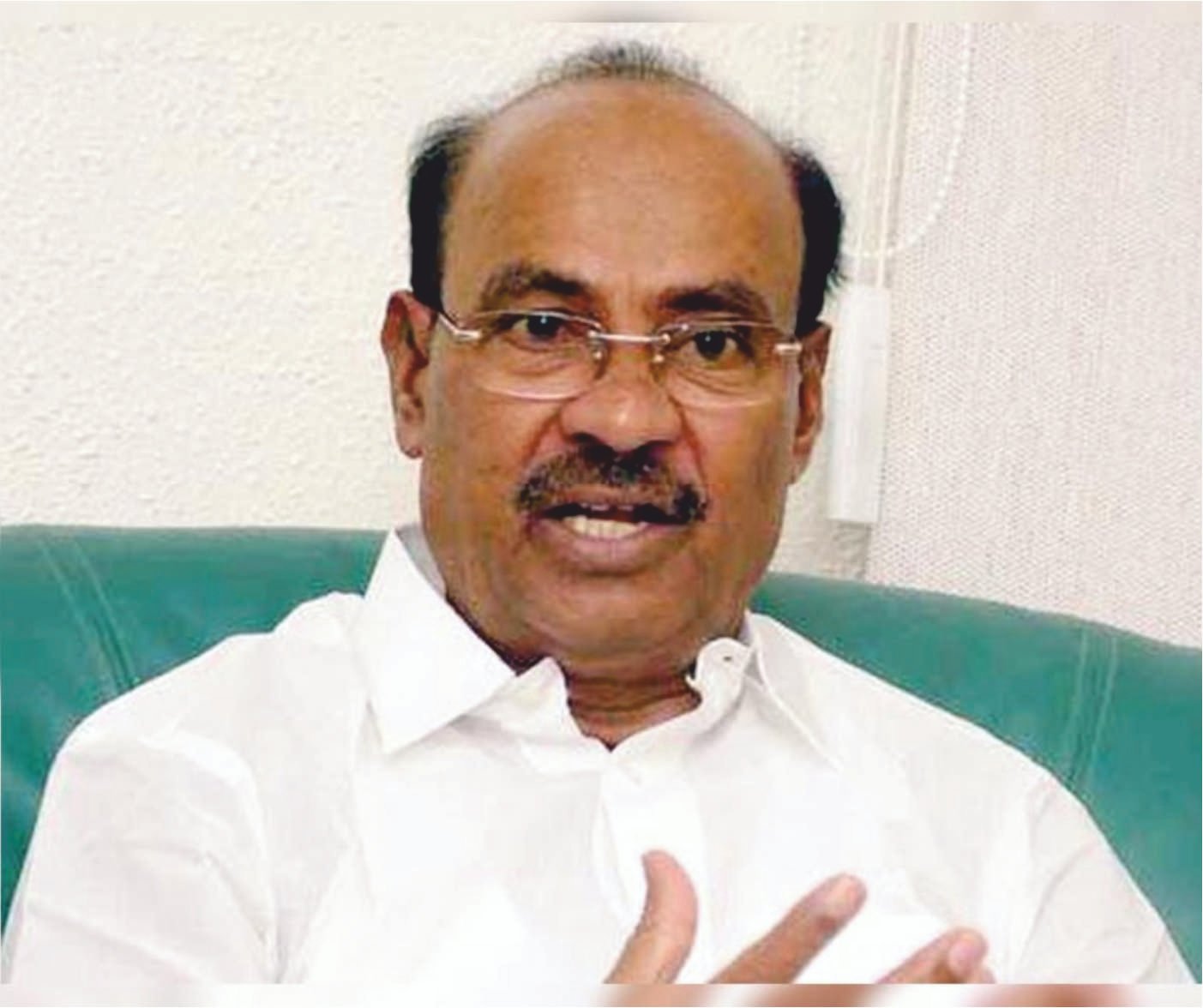
Ramadoss, the founder of BAMA, said that the Tamil Nadu government should come forward to provide an incentive of Rs. 700 per quintal.
In a statement issued by him in this regard, “It has been decided in the state cabinet meeting that an incentive of Rs. 500 per quintal will be given to the small variety of rice purchased through the government’s direct rice procurement stations in Telangana state. This scheme of the state government which has been undertaken to fulfill the demands of Telangana farmers is welcome. The Patali People’s Party has been insisting for more than 4 years that an incentive of Rs.500 per quintal should be given to the farmers in Tamil Nadu to get a fair price for the rice they produce.
The cost to the government and the benefits to the farmers and the government of the implementation of this scheme have been explained in detail in the Agricultural Shadow Financial Statements of the Proletarian People’s Party. But AIADMK and DMK which ruled Tamil Nadu did not fulfill this demand. In Tamil Nadu, the government of Tamil Nadu is providing incentives at the rate of Rs.107 for fine rice and Rs.82 for normal rice along with the purchase price fixed by the central government.

While the Proletarian People’s Party and farmers’ organizations are insisting that Rs.3000 should be given as purchase price for one quintal of paddy, it is the stance of the Proletarian People’s Party that an incentive of Rs.500 per quintal should be given to get a reasonable price, even if not that much. However, because the Tamil Nadu government did not accept the request, the current year’s paddy procurement has decreased by 10 lakh tonnes compared to last year.
Along with the purchase price fixed by the central government, the Tamil Nadu government’s incentive is given as purchase price of Rs.2310 for fine rice and Rs.2265 for normal rice. At this price, farmers have to wait for several days at procurement stations to sell paddy. At the same time, in the current year, private paddy merchants offered purchase prices ranging from Rs.2500 to Rs.2700 per quintal and went to farmers’ fields to purchase paddy. Therefore, as the farmers got more money in hand, most of the farmers sold the paddy to private individuals. This is the main reason for the reduction in the government’s paddy procurement.

It is expected that the central government will fix the procurement price for small paddy in the range of Rs.2300-Rs.2350 in the procurement year 2024-25 which will start on September 1 in Tamil Nadu. This is not enough when compared to the cost of paddy cultivation. In order to reach the target of Rs.3000 per quintal purchase price for paddy this year, the Tamil Nadu government should provide at least Rs.700 per quintal as an incentive. Only through this we can wipe away the tears of the farmers.
A subsidy of Rs.700 per quintal of paddy is possible in Tamil Nadu. Only about 30 lakh tonnes of paddy is being procured in Tamil Nadu this year. Even assuming 40 lakh tonnes of paddy is procured in 2024-25, if the subsidy is given at Rs 700 per quintal, the cost would be only Rs 2800 crore per annum. This is not a big amount for the Tamil Nadu government to file financial statements for Rs 3.50 lakh crore per year. Therefore, I urge the Tamil Nadu government to come forward to provide an incentive of Rs. 700 per quintal for both the fine rice and normal rice purchased by the Tamil Nadu government in 2024-25.








